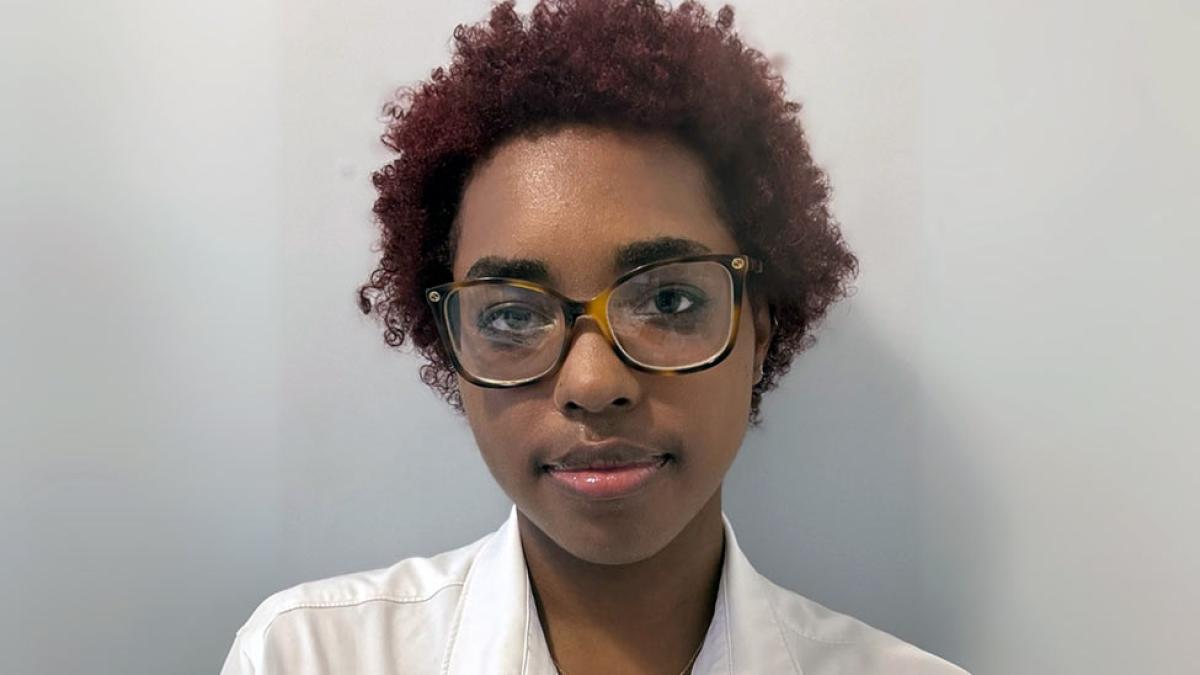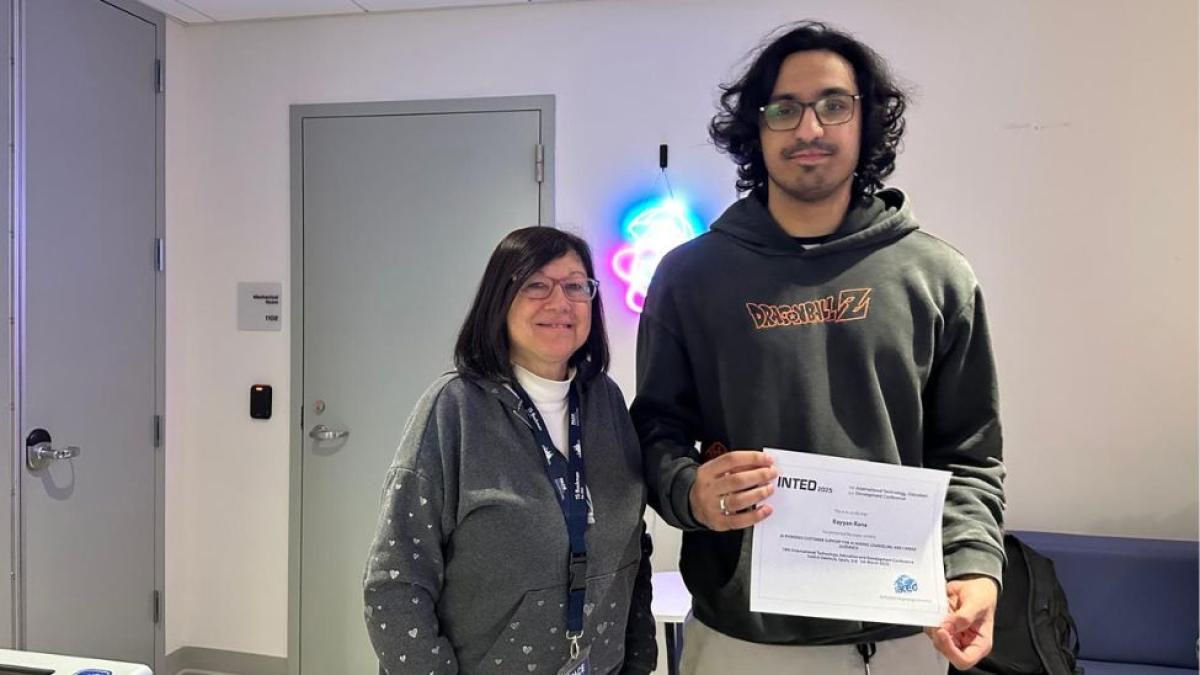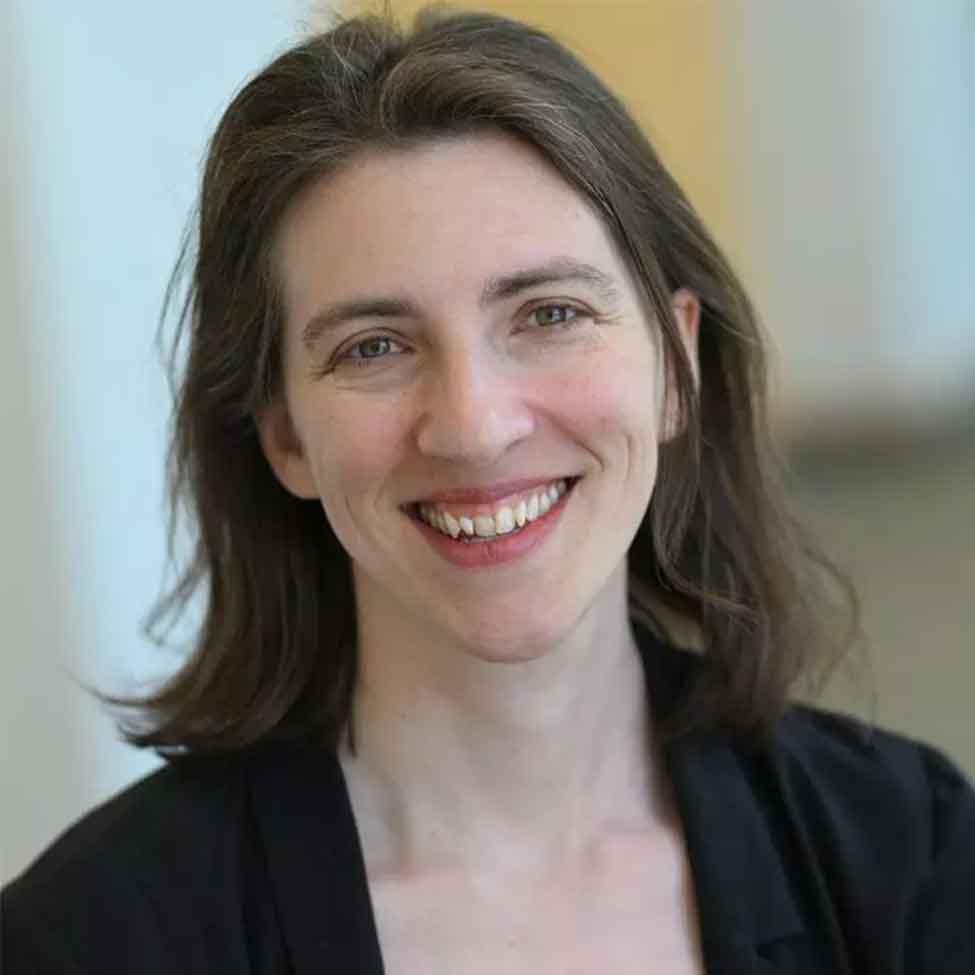
L Morgan Lee, Shonica Gooden, Matthew Stern Join Pace University Faculty
Sands College of Performing Arts recently announced the appointment of three distinguished artists to its faculty for Fall 2025: Tony Award nominee L Morgan Lee as clinical assistant professor of musical theater, Broadway performer Shonica Gooden as clinical assistant professor of commercial dance, and Broadway stage manager Matthew Stern as clinical assistant professor and program head of stage management.
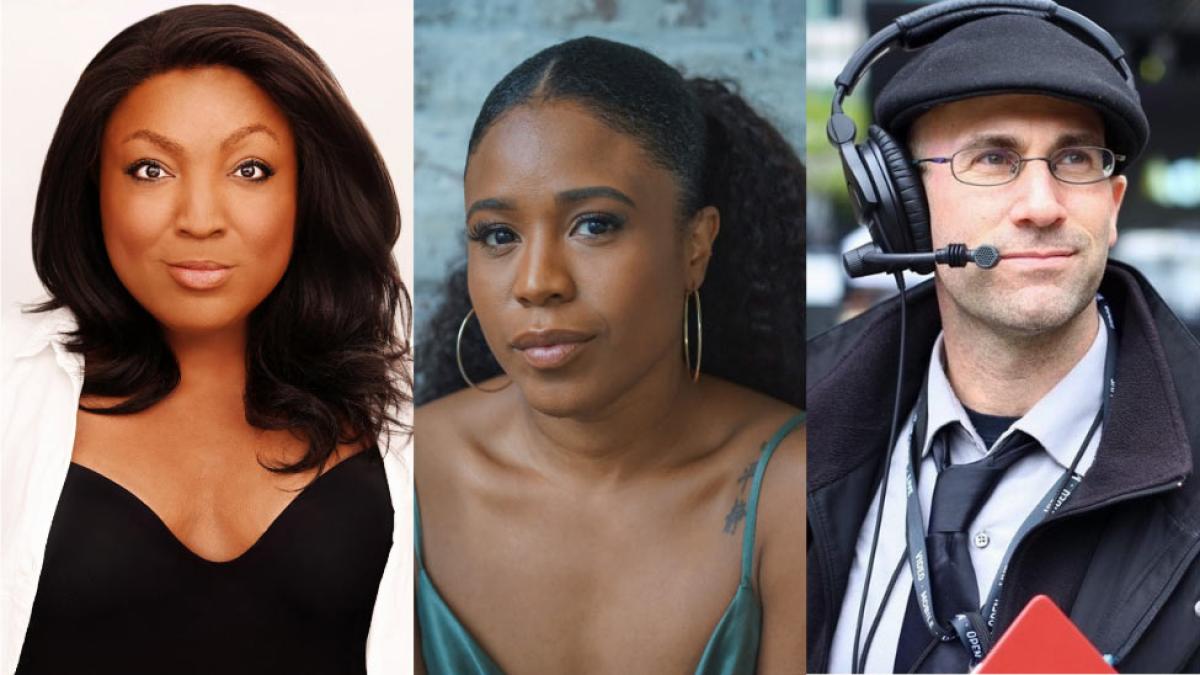
Families, Professor Say School Shopping Costing Parents More This Year
Dyson Economics Professor Mark Weinstock provides an expert analysis to News 12 Westchester on the financial strain of back-to-school shopping. “This year is going to be more expensive,” Professor Weinstock explains, noting that families are adjusting by purchasing fewer items. His commentary supports local residents’ concerns that essential supplies are costing significantly more than in previous years.
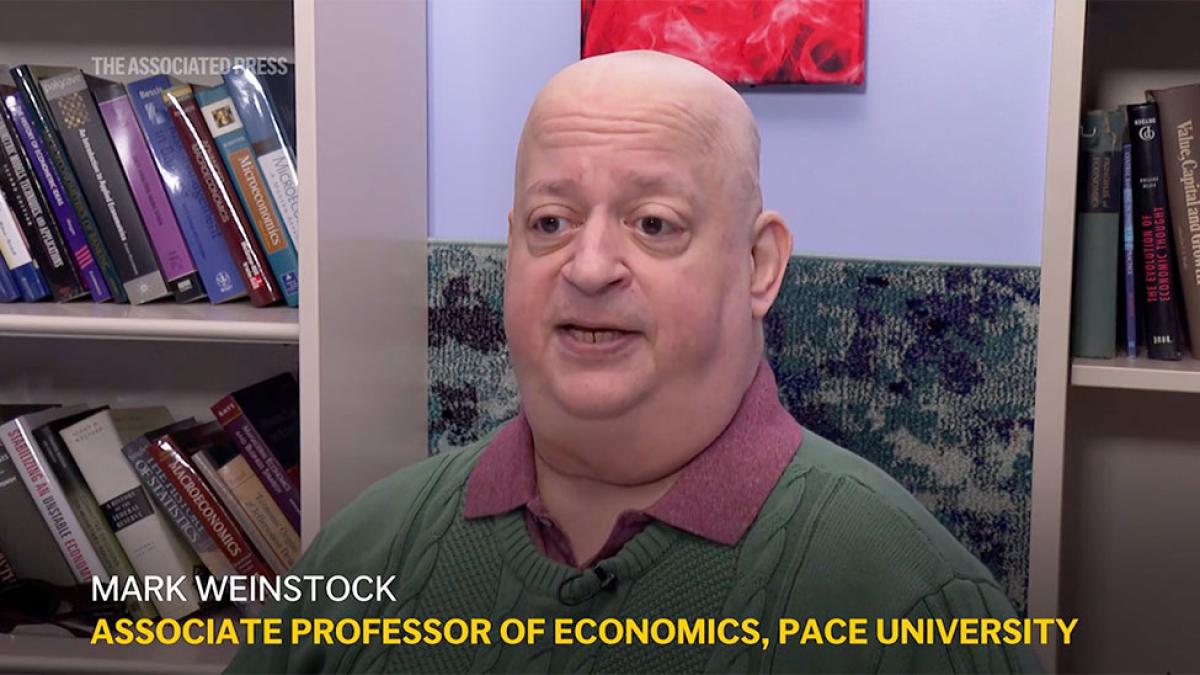
Live from The Flow Chart Foundation: John Ashbery 98th Birthday Celebration (Audio)
Dyson English Professor Eugene Richie and recently retired Poet in Residence Charles North led the first annual John Ashbery memorial birthday reading at Christ Church Episcopal in Hudson, NY, where Ashbery was a longtime member. The event featured 12 writers, was livestreamed on WGXC 90.7 FM, and is now available via Wave Farm Radio.
'Detention Roulette': How Government Lawyers Try to Rig the Game
In a New York Law Journal op-ed, Professor Gershman addresses the federal court ruling in Benitez v. Francis, condemning what he describes as “detention roulette”—the practice of ICE agents arresting immigrants outside court—and warning that such tactics undermine constitutional due process.
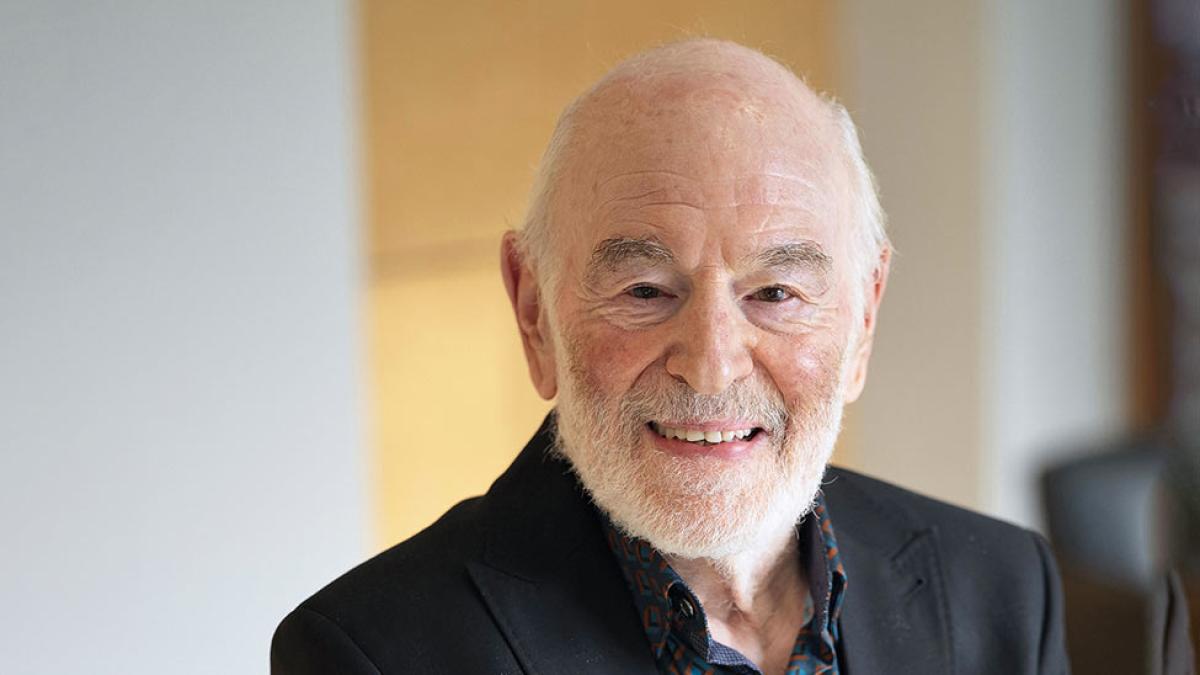
The Crumbl Cookies Co-Founder, A Viral Gay Rumor And What We Can Learn In The Aftermath
Dyson Professor Melvin Williams addresses a viral incident involving Crumbl Cookies’ CEO, exploring the boundary between representation and exploitation: “There is a vast difference between audiences raising legitimate concerns about exploitative, LGBTQ-mediated representations and queerbaiting.”— both stories were syndicated widely, including in Asheville Citizen-Times, Detroit Free Press, The Democrat and Chronicle, Iowa City Press-Citizen, The Indianapolis Star, and more.
Mindfulness Made Simple Cultivating Peace & Presence, Staying Grounded in Distracted World w/Jerry
Assistant Vice President of Public Affairs Jerry McKinstry joined Stephanie Spruck '24 on her podcast With Hope, which focuses on mental health and wellness. The two first met through The RADical Health program, which McKinstry helped bring to Pace five years ago. Their wide-ranging conversation explored career paths, personal purpose, and the impact of mindfulness and meditation. Fittingly, they ended on the show’s central theme—the power of hope.
New Study Shines Light on the Triumphs and Challenges of Collegiate Esports
The Esports Advocate features Pace University as one of 12 institutions contributing to a new study examining the landscape of collegiate esports. The research used mixed methods to explore opportunities and challenges facing universities in building competitive gaming programs.
Professors Margot Pollans and Noa Ben-Asher Honored with 2025 Dukeminier Award for Excellence in LGBTQ+ Scholarship
The Elisabeth Haub School of Law at Pace University is proud to announce that Margot Pollans, Professor of Law at Pace Haub Law and Noa Ben-Asher, Professor of Law at St. John’s University School of Law have been selected as 2025 Dukeminier Awards Winners for their article, Gender Regrets: Banning Abortion and Gender-Affirming Care (PDF), 2024 Utah L. Rev. 763 (2024).
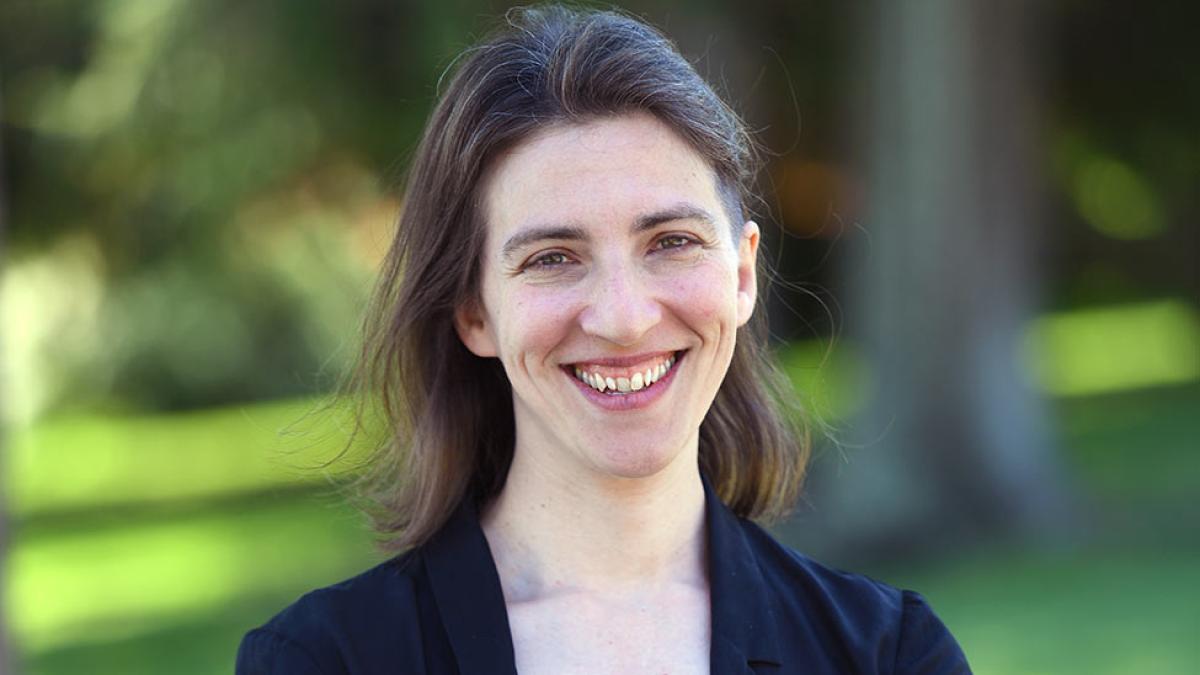

The Elisabeth Haub School of Law at Pace University is proud to announce that Margot Pollans, Professor of Law at Pace Haub Law and Noa Ben-Asher, Professor of Law at St. John’s University School of Law have been selected as 2025 Dukeminier Awards Winners for their article, Gender Regrets: Banning Abortion and Gender-Affirming Care (PDF), 2024 Utah L. Rev. 763 (2024). The Dukeminier Awards acknowledge, distribute, and celebrate the best sexual orientation and gender identity legal scholarship published during the previous academic year. The Williams Institute, a UCLA School of Law research center, and the student staff members of the Dukeminier Awards Journal administer the awards.
Gender Regrets: Banning Abortion and Gender-Affirming Care, examines how “regret” has long been used to justify abortion bans and, more recently, has come to be used to support bans on gender-affirming care for minors. It identifies two overlapping legal threads. First, both campaigns against medical care point to the protection of patients from future regret as a legitimate state interest that justifies restrictions. Second, both rely on alleged concerns about regret to redefine the legal meaning of “informed consent.” In doing so, both treat the emotion of regret as a distinct injury that could lead to a variety of legal rights and responsibilities. Pollans and Ben-Asher argue that a strategic conservative legal movement has used “regret” as a disciplinary tool to promote “traditional family values,” especially those of natalism and “biological” sex difference.
“We are thrilled to have our article selected for a Dukeminier Award,” said Professor Pollans. “It is such an honor to be included among this distinguished group of scholars, and I’m a longtime fan of the Williams Institute, which does really fantastic and important work to combat bias against LGBTQ+ people.”
Professor Margot Pollans joined the Pace Haub Law faculty in 2015. She is the Faculty Director of the Pace Food Law Center and also the Joseph P. D’Alessandro Faculty Scholar. Previously, she was the James D. Hopkins Professor of Law for the 2023–2025 academic years and served as the Shamik and Adrienne Trivedi Faculty Scholar from 2020–2022. Professor Pollans is an accomplished scholar whose primary research interests lie in the areas of food and agriculture law, administrative law and social justice. Her academic work has appeared in a variety of journals and she is also the co-author of a casebook, Food Law: Cases & Materials. In 2022, she was named the recipient of Haub Law’s distinguished Goettel Prize for Faculty Scholarship for her article, "Eaters, Powerless by Design" published by Michigan Law Review (120 Mich. L. Rev. 643 (2022)).
Professor Noa Ben-Asher was previously a Professor of Law at Pace Haub Law from 2009 to 2023, when they joined the St. John’s Law faculty. Professor Ben-Asher’s scholarly interests include gender, sexuality, and legal theory. Their work has appeared in numerous legal journals and edited collections. Their forthcoming book, Secular-Christian Social Justice, will be published by NYU Press. Professor Ben-Asher teaches Torts, Family Law, and Law, Gender & Sexuality.
Gender Regrets has been republished in Volume 24 of the Dukeminier Awards Journal, along with this year’s other winning articles. The goals of the journal and its awards are to encourage scholars to begin or continue writing about sexual orientation and gender identity law and public policy; provide valuable recognition and support for scholars, law students, and lawyers who write in this area; and provide easy access to each year’s best scholarly materials for those outside of legal academia, including lawyers, judges, other legal actors, and policy makers. The Dukeminier Awards Journal is edited in partnership with the Williams Institute and staffed by students at the UCLA School of Law. A virtual event celebrating the winners will be held on September 17.
Landing a Tonight Show Internship: Q+A with Cassie Hasaj '26
Cassie Hasaj ’26, a Writing for Diversity and Equity in Theater and Media major, is heading to 30 Rock. This fall, she’ll join The Tonight Show Starring Jimmy Fallon as a production intern—another step toward her dream of a career in television.
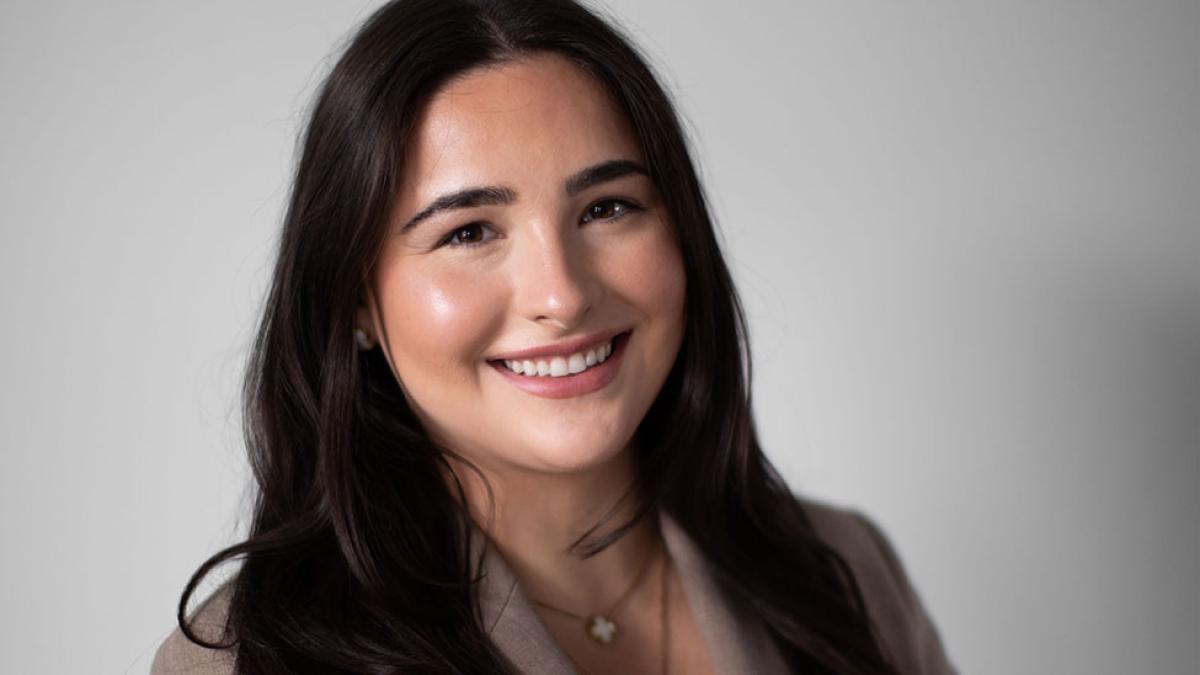
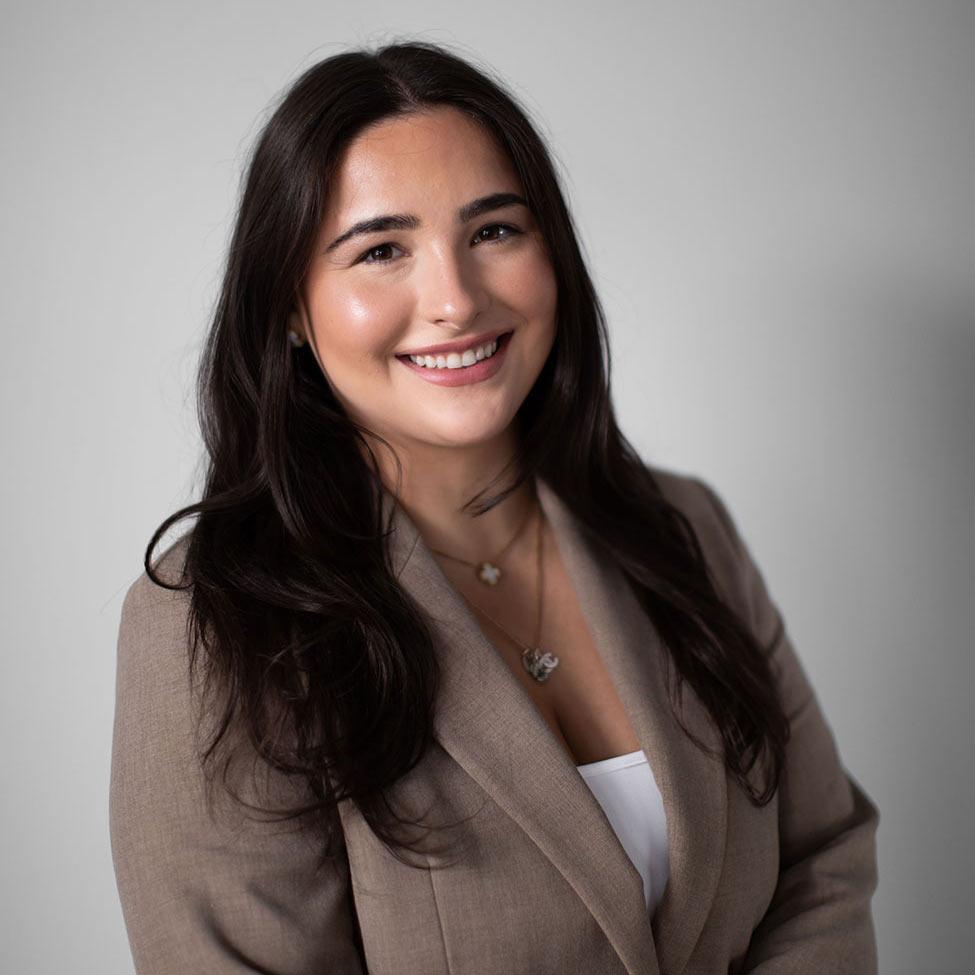
Cassie Hasaj
Class of 2026
BA in Writing for Diversity and Equity in Theater and Media
How did you become interested in pursuing a BA in Writing for Diversity and Equity in Theater and Media?
My Honors advisor introduced me to the Writing for Diversity and Equity in Theater and Media major and encouraged me to register for the course, DEI in American Entertainment. When I enrolled, I was skeptical, as I was joining a smaller, more intimate cohort that had already gotten to know each other. After a few classes, however, I found myself laughing at the possibility of being afraid to sit in a room with some of the most creative, emotionally intelligent individuals I have ever met. I never felt safer to voice my thoughts and contribute to such meaningful discussions. A spark went off and I knew which route to choose—where I truly belonged.
Why did you choose to attend Pace?
A first-generation college student originally from Michigan, I was seeking a new experience but also one suited to my passion for film. I heard about Pace’s Film and Screen Studies program and its alumni who are talented artists, so I was initially drawn by that. When I was accepted to Pace, I received a scholarship from the Honors College, and it came down to where I felt I could best adjust, grow, and build my future—and needless to say, there’s no place like New York.
What have your experiences been like in this program?
I think what truly defines this program is the level of professionalism and empathy within it. Professor S. Brian Jones, MFA, has put so much effort into carefully building this program and preparing students for the best pathway to success.
As I witness the narratives my peers create come to life, I realize how important every meeting, workshop, and show has been to us as developing professionals.
I often return to one moment that speaks volumes on the kind of artist Professor Jones has inspired students to become. For my final project in his course, DEI in American Entertainment, I presented a case study on Moonlight (2016), directed by Barry Jenkins, examining the film’s representation on and off screen. As I left class one day, Professor Jones pulled me aside to share that he’d spoken about me at a national conference, describing how the beauty and sincerity with which I spoke about the love story in Moonlight had moved not only him but an entire room. Hearing that affirmed for me the power of authentic storytelling and the importance of using my voice to honor those narratives.
In September, you will join the Tonight Show Starring Jimmy Fallon as a general production intern for the 2025–2026 academic year. Tell us more about this exciting opportunity.
I began the process of applying for this role while I was working as a summer intern at BBC StoryWorks, assisting senior content strategists in the development and presentation of new content ideas and program architecture. After three rounds of interviews over the course of three months, I was hired as a general production intern at The Tonight Show. My role will involve assisting producers with everyday operations of the show, including acting as a runner, working on research projects for various departments, and standing in during show rehearsal. Receiving this opportunity has been a great achievement and a testament to my passion, merit, and support systems.
What kind of activities have you been engaged in as part of this program and how have they been meaningful to you?
Several opportunities were available to me as a student, including artistic workshops, live theater on and off Broadway, and connecting with the Pace community at large. One of the more recent workshops I participated in was led by playwright Rebekah Greer Melocik and Director Ariel Reich of How to Dance in Ohio. This and other workshops, led by talented professionals, are meaningful as they offer both knowledge and guidance to young artists defining their voices. Also, when we see live theater, we’re not merely watching but critically thinking through the lenses we’ve acquired. Another key activity has been witnessing the narratives my peers create come to life. This has made me realize how important every meeting, workshop, and show has been to us as developing professionals.
What would you like to do upon graduation/what are your career goals?
Upon graduation, I will be applying to the NBC Page Program in hopes of taking my professional development in film and television to the West Coast. As an aspiring writer/producer, I also hope to have my own writer’s room one day, developing stories for television.
What advice would you like to give to our current students?
Take life day by day. Set those goals and celebrate small wins, but remember that life is those moments in between, so enjoy it. Also—be your truest self.
Meet the New Faces of Pace
A Tony nominee. A Citigroup executive. A water law strategist from the White House. This summer, Pace welcomed an extraordinary group of new leaders—each bringing a remarkable career, a bold perspective, and a shared commitment to student success. From the performing arts to business, environmental law to healthcare, these trailblazers are more than accomplished professionals—they’re mentors, visionaries, and changemakers.

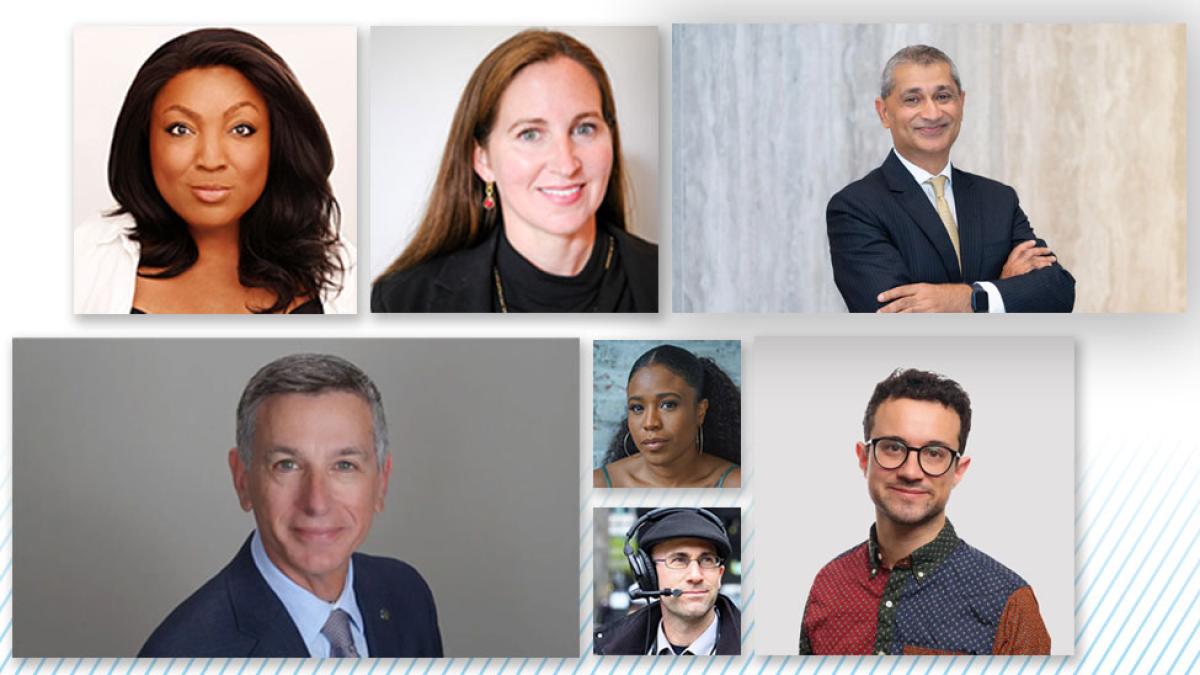
Over the summer, Pace University embraced a season of transformation, welcoming a dynamic new wave of leadership and faculty. Each brings fresh perspective, bold ideas, and a shared commitment to empowering students. As Pace moves confidently into its next chapter, these new voices—from the worlds of business, health, law, and the performing arts—aren’t just aligned with the University’s mission; they embody it, driving innovation and championing student success every step of the way.
Dean Brian Goldstein Joins the College of Health Professions
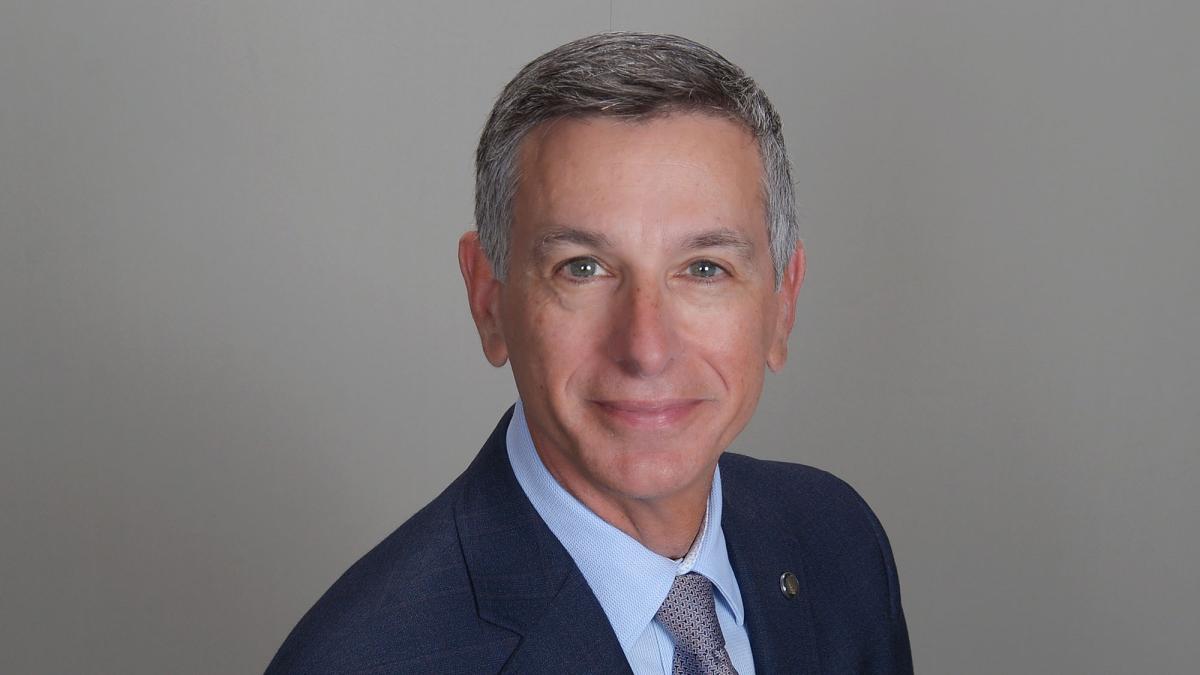
At the CHP, Brian Goldstein, PhD, has been named dean. Formerly president and chief academic officer at the University of St. Augustine for Health Sciences, Goldstein is a nationally respected academic leader known for his deep expertise in the health sciences and his student-first approach.
“The College of Health Professions is a national leader in preparing highly skilled, compassionate health professionals,” said Goldstein. “I look forward to working alongside the exceptional faculty, staff, and students to continue advancing academic excellence and meaningful health outcomes in our communities.”
His appointment reflects the University’s investment in programs with real-world impact. Throughout his career, Goldstein has led bold innovations in curriculum design, expanded clinical partnerships, and driven measurable gains in student satisfaction and faculty engagement. His leadership arrives at a time when forward-thinking, student-centered strategies are central to Pace’s transformation efforts.
Ajay Khorana Appointed Dean of the Lubin School of Business
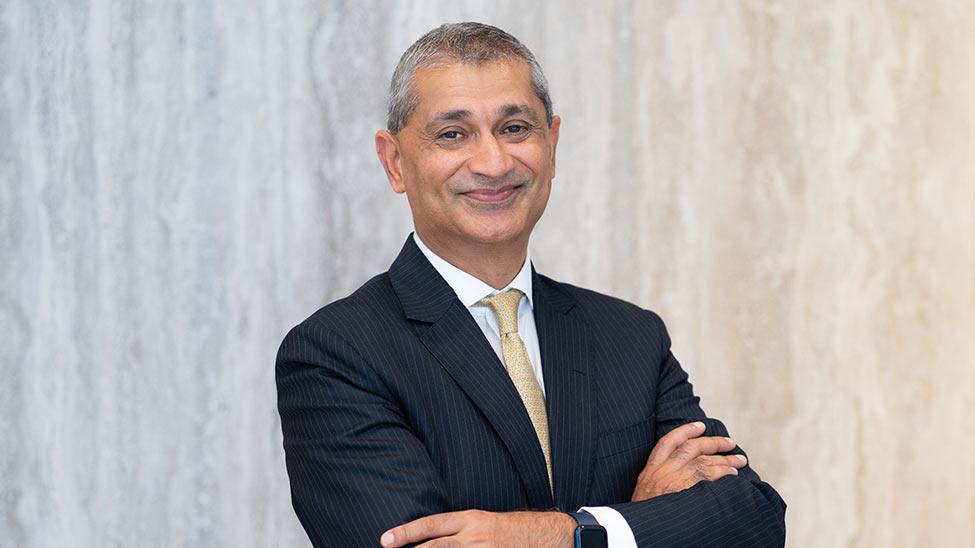
Joining the Lubin School of Business as dean is Ajay Khorana, PhD, a seasoned academic and former business treasurer at Citigroup. Khorana brings a rare combination of global industry experience and scholarly accomplishment that will strengthen Lubin’s national and international reputation.
“Lubin has a strong foundation of academic excellence and career preparation,” Khorana said. “I look forward to collaborating with faculty, students, alumni, and industry partners to build on that legacy and drive continued innovation and impact.”
Before coming to Pace, Khorana served as global treasurer for Citigroup’s U.S. Personal Banking and Global Wealth businesses, where he oversaw strategic financial planning, risk management, and capital allocation for a $400 billion balance sheet. His nearly two-decade tenure at Citi also included leading the Financial Strategy Group, where he advised Fortune 500 companies on mergers and acquisitions, capital structure, shareholder strategy, and corporate governance.
Earlier in his career, Khorana held faculty positions at Georgia Tech and the University of Virginia, earning recognition for both his research and his teaching.
With Lubin’s nationally ranked programs and elite accreditations, the school is well-positioned to grow under Khorana’s leadership—and to play a central role in shaping the workforce of the future.
Haub Law Welcomes Experts in Climate and Water Law
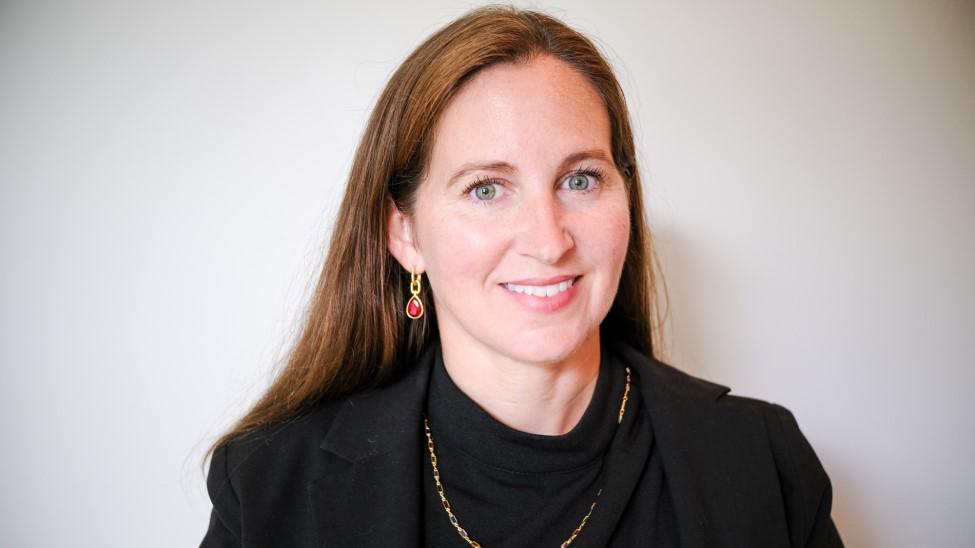
At the Elisabeth Haub School of Law at Pace University, environmental law takes center stage with the addition of two dynamic visiting faculty members.
Sara Gonzalez-Rothi, former senior director for water at the White House Council on Environmental Quality, joins as visiting assistant professor of environmental law. Her work on water policy, climate action, and Tribal justice has had national impact.
“Brave and skilled lawyers of tomorrow hold the keys to unlock a more just future,” she said. “We are fortunate to participate in their development.”
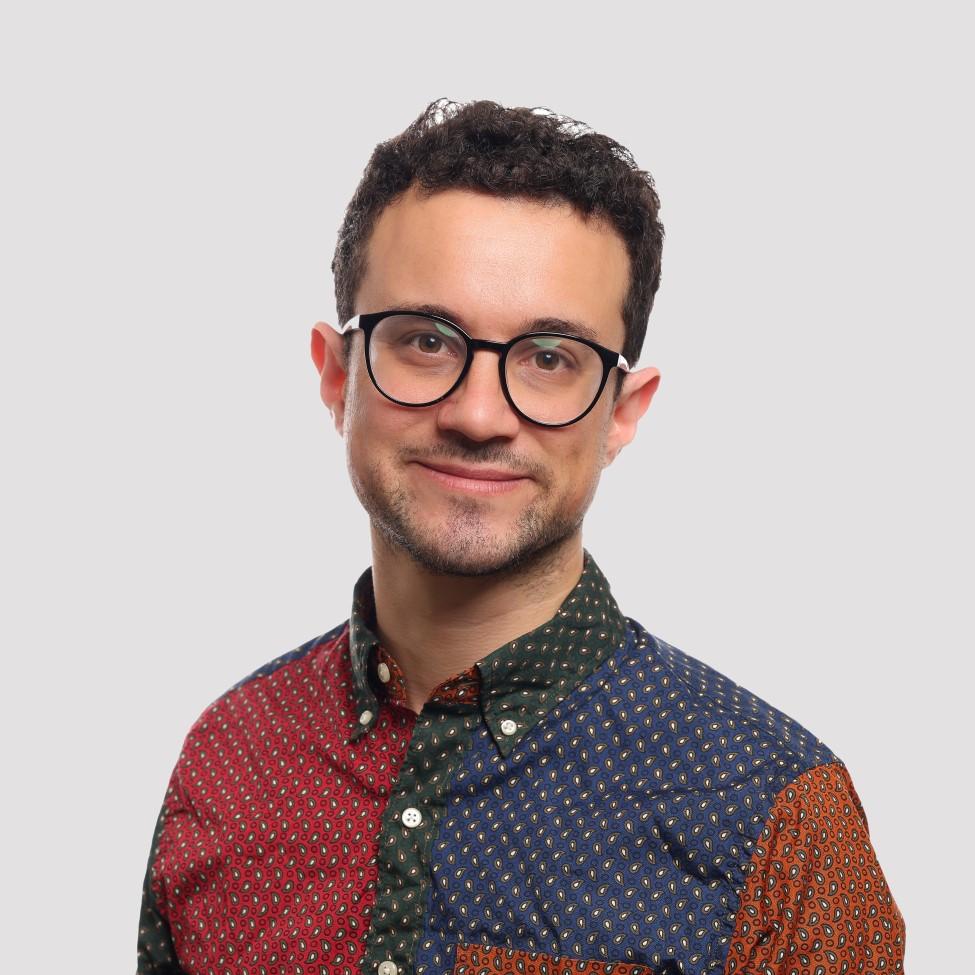
Also joining Haub Law is Sam Bookman, a scholar in climate litigation and constitutional law. He will serve as visiting assistant professor and Haub Visiting Scholar. His research, cited by courts around the world, reflects a blend of academic rigor and practical expertise. Bookman has taught at Harvard, NYU, and other leading institutions.
“I am passionate about continuously learning, researching, and teaching,” said Bookman. “I look forward to learning from this community and sharing my research.”
These additions further strengthen Haub Law’s exceptional Environmental Law Program and affirm Pace’s national leadership in environmental justice and advocacy.
Sands College of Performing Arts Adds Star Power
Meanwhile, the Sands College of Performing Arts continues its remarkable ascent, welcoming three extraordinary artists and educators to its faculty: Tony Award nominee L Morgan Lee, Broadway performer Shonica Gooden, and veteran stage manager Matthew Stern.
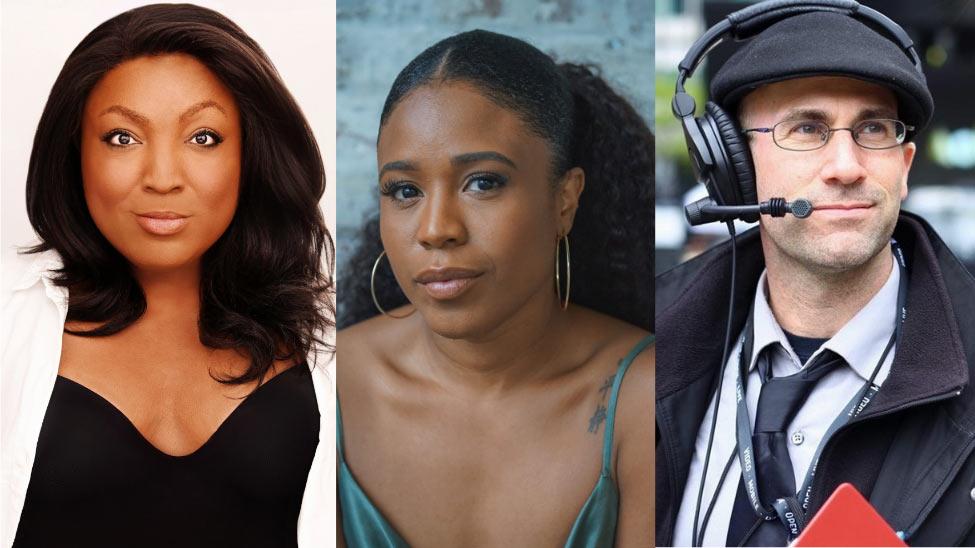
Their appointments signal not only a commitment to excellence, but also to inclusivity, transformation, and creative leadership.
“We are shaping young artists who may one day become some of the brightest lights on Broadway and beyond,” said Lee. “Pouring into their artistry is not simply a job; it’s a privilege that I carry with the deepest of respect and gratitude.”
Stern, who now leads the stage management program at Pace, echoed that sentiment:
“As the head of the stage management program, I welcome the opportunity to educate and support stage managers in their journey to find their voice, develop their aptitude for leadership, and advocate for themselves and the artists they support.”
These appointments reflect the growing momentum at Sands College, which is preparing to open a state-of-the-art performing arts center as part of Pace’s transformation of One Pace Plaza East.
What Comes Next
From business to law, health to the arts, the new leaders joining the Pace Community this summer bring more than impressive résumés. They bring a shared belief in the power of education to transform lives—and a deep readiness to help Pace move forward.
They remind us that the work ahead is not only about structures or strategies. It is about people. It is about students. And it is about building the future—together.
More from Pace
From hands-on client work to behind-the-scenes content shoots, Skye Tchegnon ’28 is turning her first internship into a launchpad for a career in social media marketing and analytics.
Want to host an event during Pace’s sixth annual Social Justice Week? Apply by Friday, September 26. Read the article to learn more about the origins of Social Justice Week and how to get involved.
Mary Tedeschi, professor at Pace University’s Seidenberg School, spent much of 2025 doing what she does best: teaching her students and guiding them through research to such a level that they presented their papers at two prestigious international virtual education conferences.
